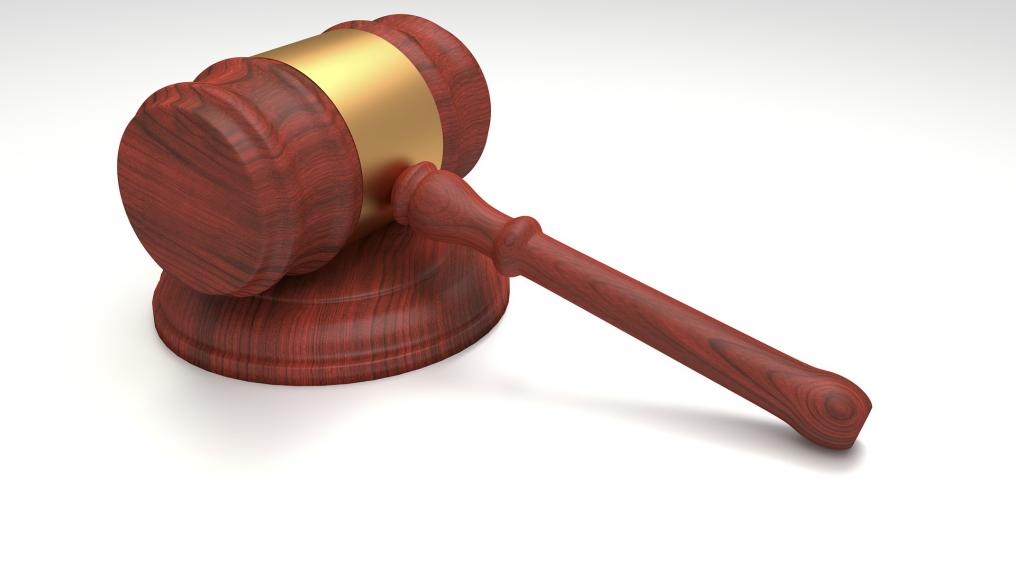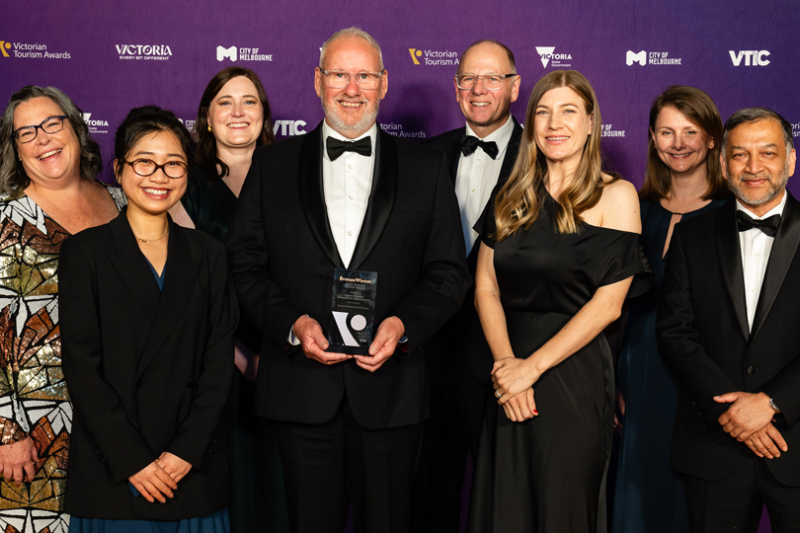Robo-justice useful, but will never replace humans

Using artificial intelligence to make legal decisions provides better access to justice for some, but it will never replace humans, according to a world-leading dispute-resolution expert at Victoria University.
Professor John Zeleznikow said automated tools, online databases, algorithms, and sophisticated software designed to make legal decisions have been around for about 20 years. But it's only now that Australia’s legal fraternity is beginning to see the benefits.
“The legal community is less concerned today about charging clients in six-minute blocks and more concerned about efficiency,” he said. “At the same time, it finally acknowledges that the internet can safely conduct transactions, provide important advice, and collect data.”
Software helps resolve legal disputes
More than 10 years ago, Professor Zeleznikow and his team were among the first in Australia to develop an automated tool to assist in legal decision-making. His award-winning divorce-negotiation software programs now assist divorcing couples fairly distribute marital property and understand how Australian Family Court judges make decisions.
Other artificial-intelligence systems, such as the online British Columbia Civil Resolution System, have become popular overseas. These systems help people affordably resolve small-claims disputes, or strata-property conflicts.
Professor Zeleznikow pointed out that technological advances now allow algorithm-generated decisions to be based on more-efficient searches of larger databases than in the past.
At the same time, these systems can help redress an existing power imbalance in legal access between those who can afford high-quality legal professionals and those who can’t.
Human judges still needed
Despite the benefits of intelligent systems, Professor Zeleznikow said human judges with advanced legal expertise would always be needed to deal with certain situations.
For example, since artificial intelligence relies on learning from prior experience and outcomes, critics claim it copies and amplifies biases that are embedded in existing legal decisions against minorities and other vulnerable groups.
“Ultimately, to pursue ‘real justice’ we need to change the law,” he said. “In the meantime, robots can help with the smaller stuff.”
Dr John Zeleznikow is Professor of Information Systems in Victoria University’s College of Business. He wrote more comprehensively on this topic in a recent article: 'Don’t fear robo-justice. Algorithms could help more people access legal advice' for The Conversation.



